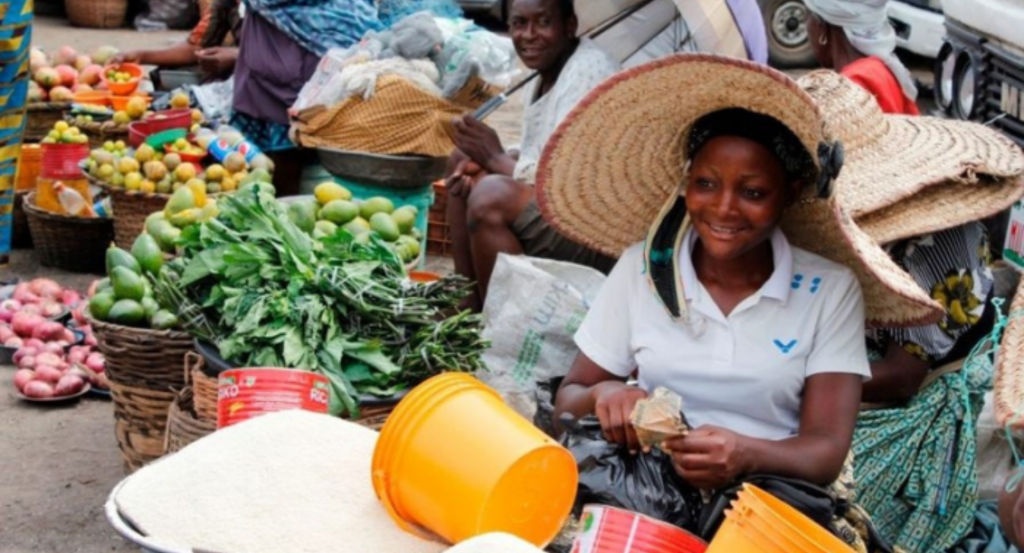The Federal Government of Nigeria has unveiled a National Digital Agricultural Extension Platform aimed at transforming the country’s agricultural sector by providing real-time access to advisory services for farmers. The initiative, which was officially launched on February 27, 2025, seeks to bridge the gap between farmers and extension service providers through technology-driven solutions.
The platform, designed to modernize agricultural extension services, is expected to boost productivity, enhance food security, and improve farmers’ incomes. According to government officials, the system will provide timely information on best farming practices, climate-smart techniques, pest control, and market trends.
A Game Changer for Nigerian Farmers
Speaking at the launch event, the Minister of Agriculture and Food Security, Abubakar Kyari, highlighted that the platform was developed as part of the government’s efforts to digitalize agricultural services and support smallholder farmers. He explained that extension services in Nigeria have faced challenges due to inadequate staffing, poor infrastructure, and a lack of funding.
“This initiative will leverage digital tools to ensure that farmers across the country can access real-time advisory services without the limitations of physical extension officers,” Kyari stated.
With the introduction of the digital platform, farmers can now receive expert guidance through mobile applications, SMS, and interactive voice response (IVR) systems, eliminating the delays and inefficiencies associated with traditional extension services.
Enhancing Productivity and Food Security
The platform aligns with the Federal Government’s National Agricultural Technology and Innovation Policy (NATIP), which aims to increase food production and reduce post-harvest losses. By using Artificial Intelligence (AI) and data analytics, the system will provide personalized recommendations to farmers based on their location, soil type, and crop selection.
Additionally, it will connect farmers with research institutions and agronomists, ensuring that they have access to the latest innovations in the sector.
Kyari further emphasized that enhancing digital extension services will play a crucial role in Nigeria’s fight against food insecurity, as it will empower farmers with the knowledge and resources needed to optimize production.
Private Sector Collaboration and Future Expansion
The development of the platform involved collaboration between the government, private sector stakeholders, and international development partners. Officials have assured that the system will be continuously updated to integrate new technological advancements and improve service delivery.
The Federal Government also plans to expand the platform’s reach to rural areas where access to extension services has traditionally been limited. To achieve this, they will partner with telecommunications companies to ensure seamless connectivity for farmers in remote locations.
Farmers’ Reactions and Industry Experts’ Views
The launch of the digital extension platform has been widely praised by farmers and industry stakeholders. Many have expressed optimism that the initiative will reduce reliance on outdated farming methods and enhance access to timely agricultural information.
Adewale Yusuf, a rice farmer in Kano, described the initiative as a “lifeline for smallholder farmers”, stating that it will help them make informed decisions on planting, harvesting, and pest management.
Similarly, agricultural economist Dr. Funke Adebayo commended the move, emphasizing that digital transformation in agriculture is key to achieving sustainable food security. She urged the government to ensure effective implementation, training for farmers, and continuous investment in digital infrastructure.
Conclusion
The launch of Nigeria’s National Digital Agricultural Extension Platform marks a significant step towards modernizing the country’s agriculture sector. By leveraging technology to improve farmers’ access to expert guidance, the initiative is expected to enhance productivity, boost food security, and support Nigeria’s agricultural growth.
With continued government support and private sector collaboration, the platform has the potential to revolutionize agricultural service delivery, ensuring that farmers have the tools and knowledge needed to thrive in an increasingly digital world.




















